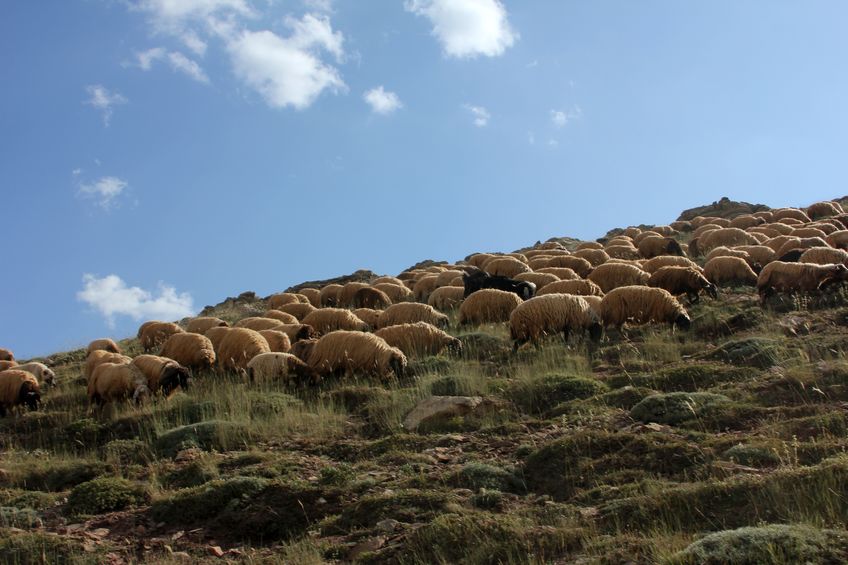
The Welsh government has been urged to abandon its 'cut-and-paste-from-Defra mentality' and design policy aimed specifically at delivering for Welsh farmers.
The Farmers' Union of Wales (FUW) has responded to the Welsh government's white paper on the future of agricultural support in Wales, rejecting most of its key proposals.
The Agriculture (Wales) White Paper highlights policy proposals to govern agriculture, as well as forestry and woodlands, over the coming decades.
The consultation opened in December and closed for responses on Friday 26 March.
Central would be a change in farm support payments to a system of delivering ‘public goods’, similar to England's future system.
Farmers would be paid for environmental outcomes such as improving air quality, water quality, and wildlife habitat.
The paper also proposes a reform of the regulatory landscape for farmers with the introduction of a set of National Minimum Standards and civil sanctions regime.
But the FUW has rejected most of the proposals and instead called for a 'genuine Welsh policy to be developed to meet Welsh objectives'.
President Glyn Roberts said: “We have a proud history of designing agricultural policy for Wales and have previously deviated significantly from English policies - much to our benefit - and we should continue to do so.
“Scotland and NI are making the most of their devolved powers and forging ahead with plans to use multiple tools to deliver what is needed for their own agriculture and rural communities.
"Wales should therefore abandon the ‘cut-and-paste-from-Defra’ mentality and design a scheme aimed specifically at delivering not only environmental outcomes, but also the prosperity, jobs, language, culture and other targets."
Other proposals in the paper include rewarding farmers for creating woodland, simplification of data collection, supporting the sector to decarbonise and improving animal health and welfare.
The Welsh government has also committed to increasing the area of woodland cover in Wales, with a target of supporting 2,000 ha of new woodland planting each year.
But some farmers fear that optimistic targets for tree-planting could lead to 'large-scale blanket plantations' to the detriment of agricultural productivity, FUW warned.
It added that moving farm support away from food production would 'threaten' the viability of Welsh family farms.
Mr Roberts said: “We are facing huge uncertainty due to the pandemic, new trade barriers thrown up by Brexit, and potential trade deals with countries with far lower standards than our own.
“In order to ensure farmers are active participants in the biggest agricultural reform in Wales for more than half a century, much more will need to be done by the next Welsh government to engage with the industry.”
